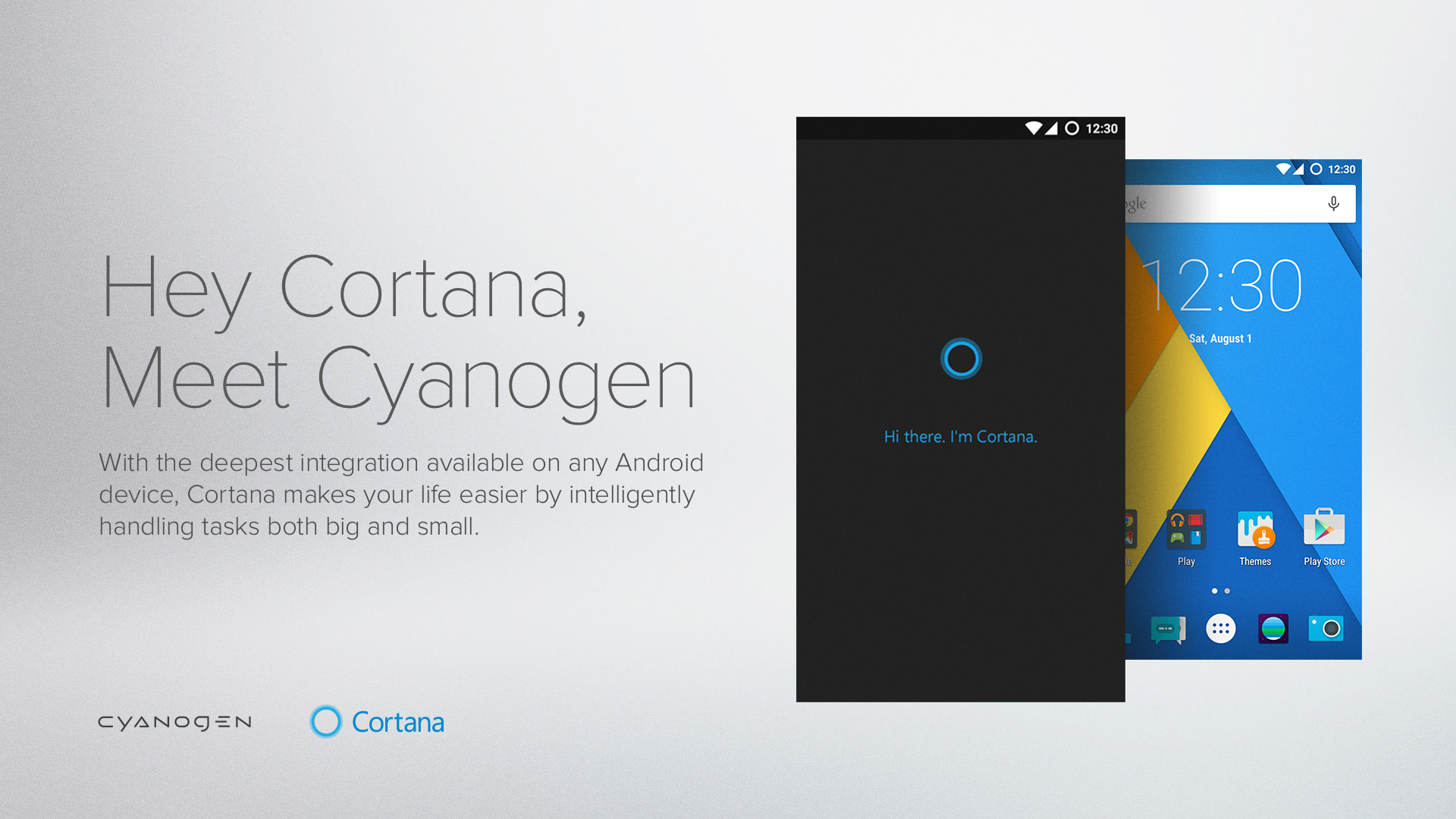Oculus is opening Rift preorders today to put VR in the hands of people around the world, and the company is also going to give a free Kickstarter Edition Oculus Rift to all of the Kickstarter backers who pledged for a Rift development kit.
In a letter obtained by Wired, Oculus said those who pledged at the US$275 level or more will receive a Rift. About 7,000 people are eligible, according to Wired.
Like all Rift preorder purchasers, they will also receive a bundled copy of Lucky’s Tale and EVE: Valkyrie, both Oculus launch games.
Cyanogen announces latest version of its OS
Cyanogen, an Android ROM maker, has announced version 12.1.1 of Cyanogen OS. The latest version comes with Microsoft’s personal assistant Cortana. Cortana will be able to activate when the user says “Hey Cortana,” set a personal alarm, go into airplane mode, and toggle on and off network data.
Cyanogen and Microsoft announced a strategic partnership in April of last year. This seems to be the first product to come out of that partnership.
Tips for mobile app success
Google is providing developers with four key strategies for making their apps successful based on their most actionable research and best practices.
These tips include:
- Growing the app’s audience by getting people to talk about it and utilizing App Invites; making sure its Google Play Store badge is prominently displayed; and piquing user interest by experimenting with Google’s A/B testing features to create a design that will give it a first impression.
- Engage users by optimizing onboarding, measuring user engagement, and proving worth. Some Google tools to help with this include Google Analytics, Google Cloud Messaging, and A/B testing.
- Focus on quality by slimming down your app so users have enough data to download it.
- Testing for every device and trying staged rollouts to beta test different app versions before they are released.
- Monetizing the app by providing a good design that doesn’t get in the way of the user’s engagement; using native ads to create a consistent look; and allowing advertisers to bid on ads.
More information is available here.
MIT develops new AI system
MIT CSAIL researchers have developed a new system that can predict how objects move as good as humans can. The computational model, dubbed Galileo, is able to train itself using real-word videos and a 3D physics engine to simulate human intuition and predict outcomes.
“From a ramp scenario, for example, Galileo can infer the density of an object and then predict if it can float,” said Ilker Yildirim, a CSAIL researcher. “This is just the first step in imbuing computers with a deeper understanding of dynamic scenes as they unfold.”
Eventually, the researchers hope this system can help robots aid in emergency situations and assist humans to safety.
More information is available here.






